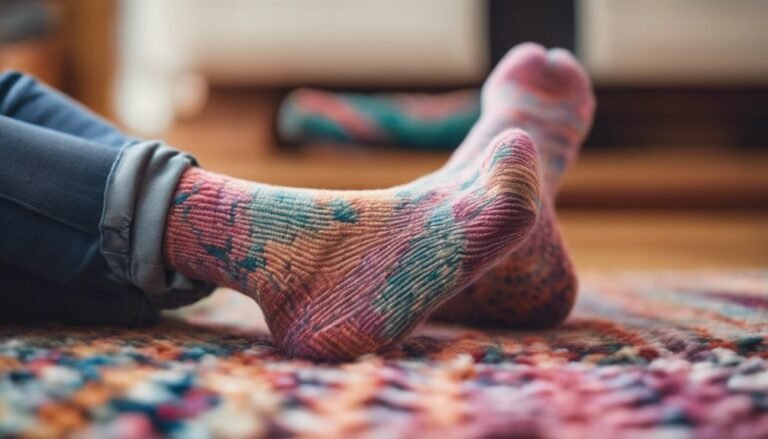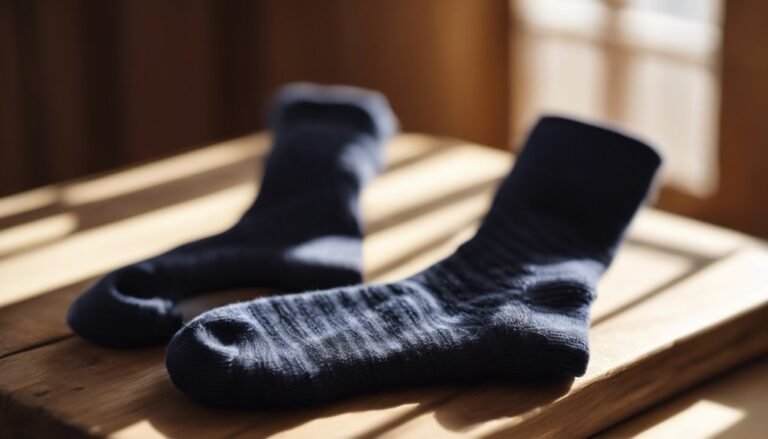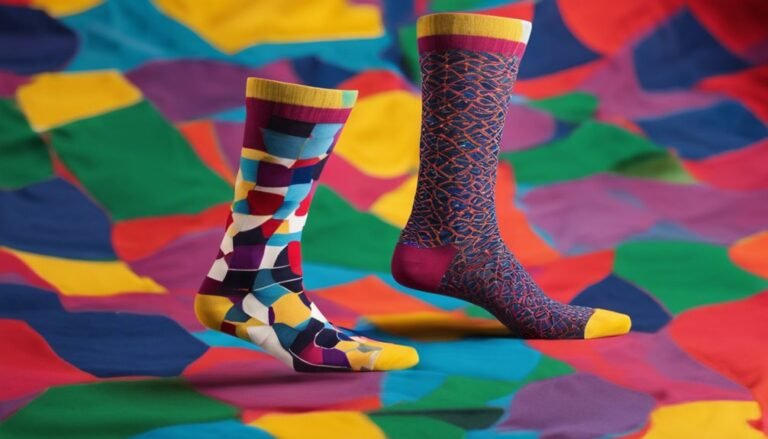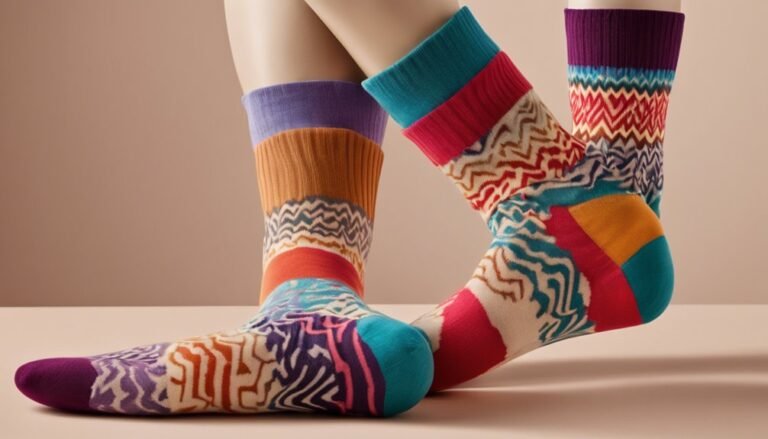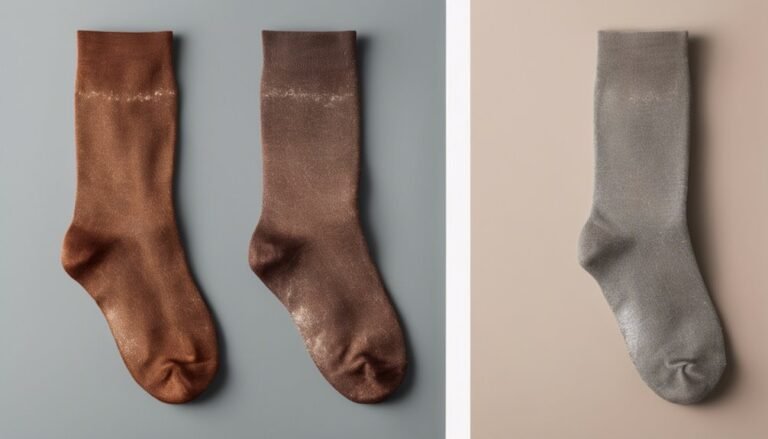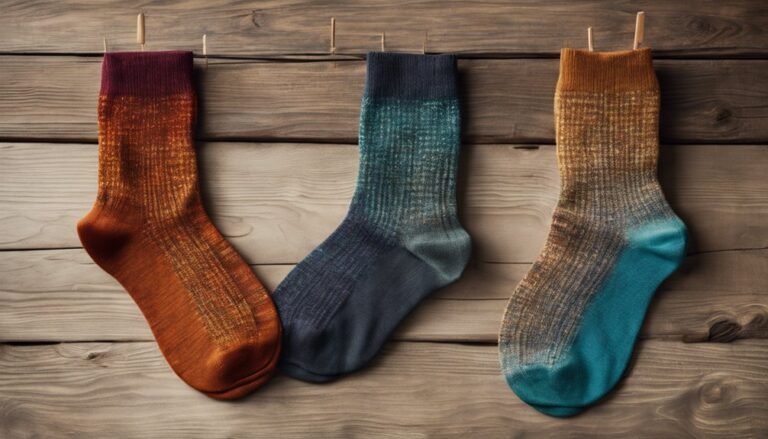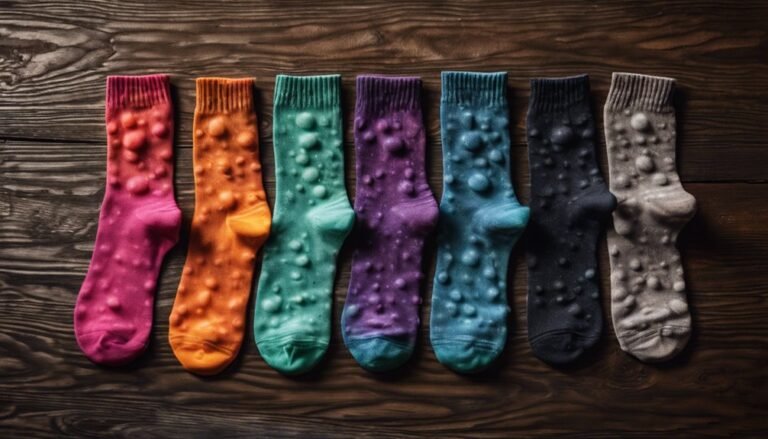Do Socks Really Affect Blood Circulation?
Yes, socks can really affect your blood circulation. The right pair, especially compression socks, offers gentle support that helps prevent blood pooling. However, tight socks can constrict circulation, causing numbness or discomfort. Proper fit and suitable materials—like moisture-wicking fabrics—are essential for promoting healthy blood flow. For specific conditions like varicose veins or deep vein thrombosis,…

